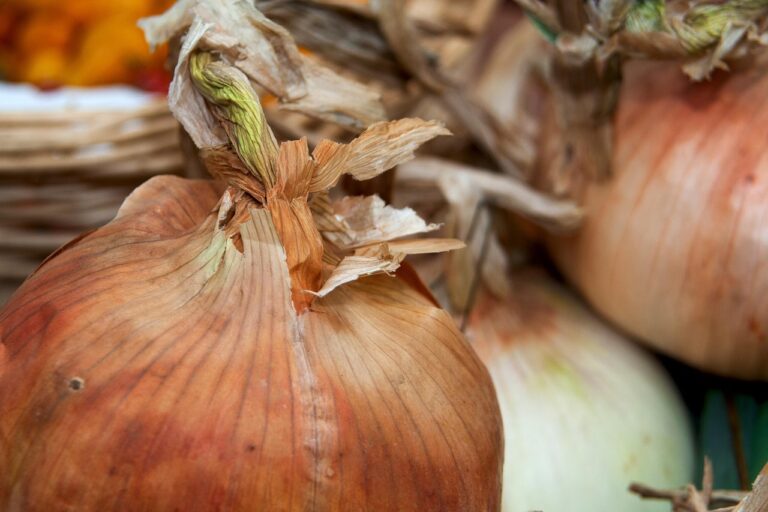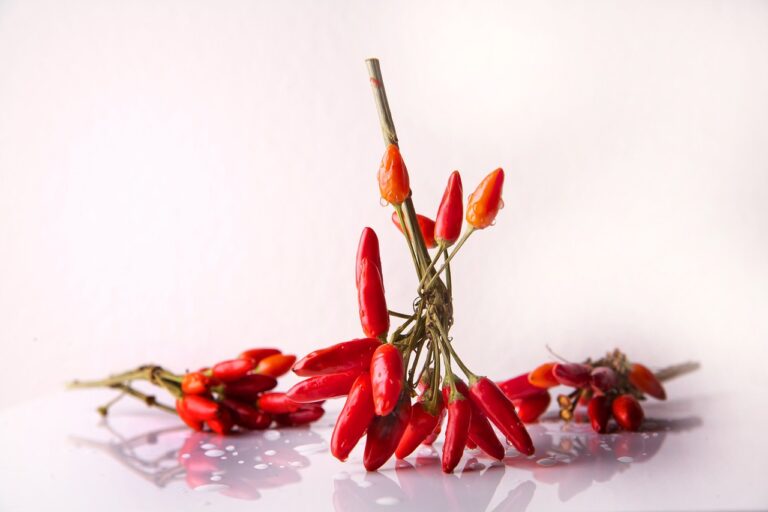The Role of Food Additives in Sustainable Agriculture
lotusbook 365, play99exch, all panel mahadev: The Role of Food Additives in Sustainable Agriculture
In recent years, the importance of sustainable agriculture has become increasingly evident as we face challenges such as climate change, soil degradation, and water scarcity. One crucial aspect of sustainable agriculture is the use of food additives to improve crop yield, quality, and resilience to environmental stressors. In this article, we will explore the role of food additives in sustainable agriculture and how they can help farmers grow healthier, more bountiful crops while minimizing environmental impact.
The Basics of Food Additives in Agriculture
Food additives are substances added to food to preserve flavor, enhance taste, improve texture, or extend shelf life. In agriculture, food additives are used to improve soil fertility, promote plant growth, control pests and diseases, and enhance nutrient uptake. These additives can be organic or synthetic and come in various forms such as fertilizers, pesticides, herbicides, and growth regulators.
The Role of Food Additives in Sustainable Agriculture
Food additives play a crucial role in sustainable agriculture by helping farmers reduce their environmental footprint, increase crop productivity, and improve food security. Here are some ways in which food additives contribute to sustainable agriculture:
1. Enhancing Soil Health: Food additives such as organic fertilizers and compost can improve soil structure, fertility, and microbial diversity. By replenishing nutrients and organic matter in the soil, farmers can promote healthy plant growth and reduce reliance on synthetic fertilizers that can harm the environment.
2. Boosting Crop Yield: Plant growth regulators and biostimulants are food additives that can enhance crop yield by stimulating plant growth, increasing nutrient absorption, and improving stress tolerance. These additives can help farmers achieve higher yields with fewer inputs, thereby improving agricultural productivity and profitability.
3. Improving Water and Nutrient Use Efficiency: Food additives like soil conditioners and water-retaining polymers can help farmers conserve water and nutrients by improving soil moisture retention and nutrient availability. By using these additives, farmers can reduce water and fertilizer waste, lower operating costs, and mitigate environmental impact.
4. Controlling Pests and Diseases: Pesticides and biopesticides are food additives that can help farmers control pests and diseases that can damage crops and reduce yield. By using targeted and effective pest management strategies, farmers can minimize chemical usage, protect beneficial insects, and promote ecological balance in agroecosystems.
5. Enhancing Food Quality and Safety: Food additives like antioxidants and preservatives can help farmers maintain food quality, prevent spoilage, and ensure food safety throughout the supply chain. By using these additives, farmers can reduce food waste, extend shelf life, and improve market access for their products.
6. Supporting Biodiversity and Ecosystem Services: By adopting sustainable agriculture practices that incorporate food additives responsibly, farmers can support biodiversity, enhance soil health, and promote ecosystem services such as pollination, pest control, and water purification. These practices can help farmers build resilient agroecosystems that can withstand environmental challenges and provide long-term benefits for society.
In conclusion, food additives play a vital role in sustainable agriculture by helping farmers grow healthier, more productive crops while minimizing environmental impact. By using food additives responsibly and in conjunction with other sustainable practices, farmers can improve soil health, boost crop yield, conserve resources, and promote biodiversity. As we continue to strive for a more sustainable food system, the responsible use of food additives will be essential in achieving our goals of food security, environmental sustainability, and economic viability.
—
FAQs
Q: Are food additives safe for human consumption?
A: The use of food additives in agriculture is regulated by government agencies to ensure that they are safe for human consumption and the environment. Farmers are required to follow strict guidelines for the use of food additives and adhere to maximum residue limits to protect consumer health.
Q: Can organic farming practices eliminate the need for food additives?
A: While organic farming practices focus on minimizing synthetic inputs, some food additives may still be necessary to address specific challenges such as nutrient deficiencies, pest outbreaks, or soil degradation. Farmers practicing organic agriculture can use approved organic food additives to enhance soil health and crop productivity sustainably.
Q: What are some common misconceptions about food additives in agriculture?
A: One common misconception about food additives in agriculture is that they are harmful to the environment. In reality, when used responsibly and in conjunction with other sustainable practices, food additives can help farmers improve agricultural productivity, conserve resources, and minimize environmental impact. It is essential to educate consumers and stakeholders about the benefits of using food additives in sustainable agriculture.
—







